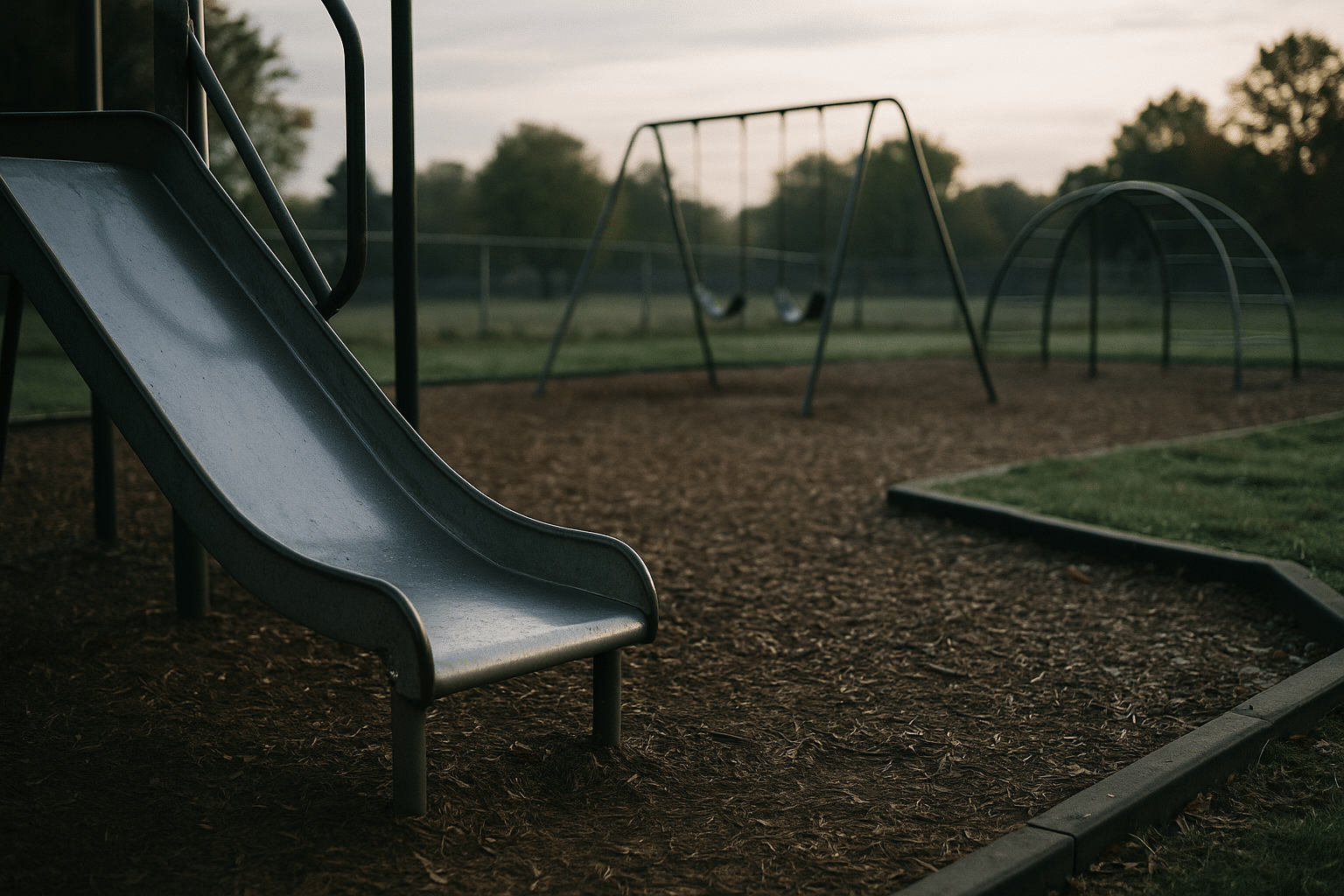
Vegan Skincare: What to Know and Top Products to Try
Vegan skincare has become more than just a trend—it’s a lifestyle choice that aligns with the values of sustainability and ethical consumerism. As more individuals look to reduce their environmental impact and support cruelty-free practices, vegan skincare offers a compelling solution.
Understanding Vegan Skincare
Vegan skincare refers to products that are free from animal-derived ingredients. This means no honey, beeswax, lanolin, collagen, or any other animal by-products. The focus is on plant-based ingredients that nourish and care for your skin.
Why Choose Vegan Skincare?
- Environmentally Friendly: Vegan products often have a smaller carbon footprint as they do not rely on animal agriculture.
- Cruelty-Free: Most vegan brands also avoid animal testing, ensuring ethical practices.
- Health Benefits: Plant-based ingredients are often rich in vitamins, antioxidants, and natural oils that benefit the skin.
Expert Insights
According to Dr. Alex Thompson, a dermatologist with over 20 years of experience, “Vegan skincare products are generally suitable for all skin types, particularly sensitive skin, due to the absence of harsh chemicals often found in non-vegan products.”
Statistics and Research
Market research indicates that the global vegan cosmetics market size was valued at USD 15.1 billion in 2020 and is expected to grow significantly in the coming years. This highlights a growing consumer shift towards vegan and sustainable products.
Personal Experience
I remember switching to vegan skincare products a few years ago. The change was remarkable—not only did my skin feel better, but I also felt more aligned with my values. Choosing products that I knew were cruelty-free gave me peace of mind.
Top Vegan Skincare Products to Try
| Product Name | Type | Key Benefit |
|---|---|---|
| Glow Serum | Serum | Brightens skin |
| Hydrate Cream | Moisturizer | Deep hydration |
| Renew Cleanser | Cleanser | Gentle cleansing |
| Calming Toner | Toner | Soothes irritation |
| Revive Mask | Mask | Restores glow |
| Green Clay Mask | Mask | Purifies pores |
| Protective SPF Cream | Sunscreen | UV protection |
| Exfoliate Scrub | Scrub | Removes dead skin |
Tips for Choosing Vegan Skincare
- Read Labels: Look for certifications like the Vegan Society logo.
- Research Brands: Choose brands with transparent ingredient lists and ethical practices.
- Patch Test: Always conduct a patch test before using a new product to avoid adverse reactions.
When transitioning to vegan skincare, start with one product at a time to understand how your skin reacts.
Frequently Asked Questions
Are vegan skincare products suitable for all skin types?
Yes, vegan skincare products are generally suitable for all skin types, but it’s important to select products that cater to your specific skin needs.
How can I ensure a skincare product is truly vegan?
Look for certifications from recognized vegan organizations and check the ingredient list for any animal-derived components.
Conclusion
Vegan skincare not only supports a sustainable and cruelty-free lifestyle but also offers numerous benefits for your skin. By choosing products that align with these values, you contribute to a more ethical and environmentally friendly world. Start exploring vegan skincare today and experience the difference it can make for both your skin and the planet.


